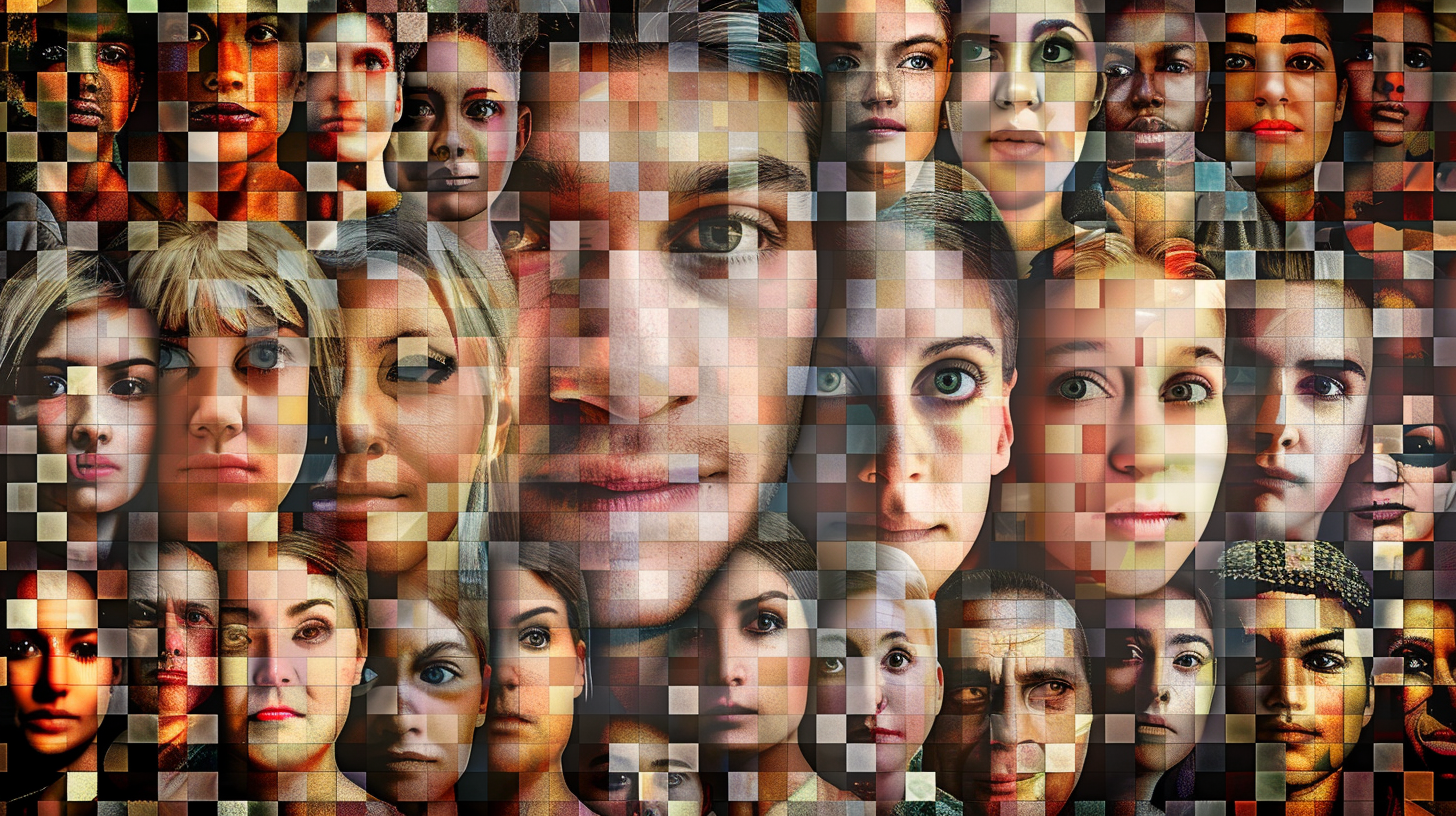Now is the time to unify in the spirit of determined, organized, peaceful yet radical resistance.
We will not back down on our rights nor our dignity. Instead, we will harness the stress (fear, anxiety, anger, malaise) into affecting positive change and lovingly, firmly, persistently setting and maintaining our boundaries. We will not succumb to fear.
Read More







